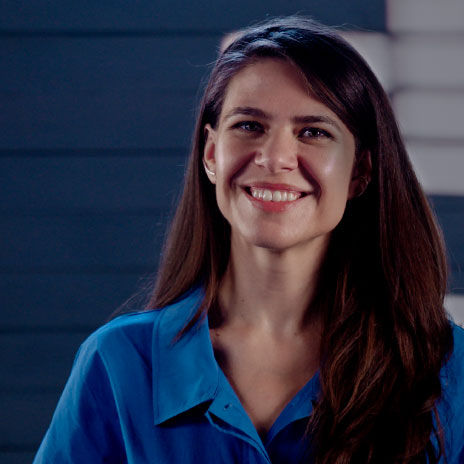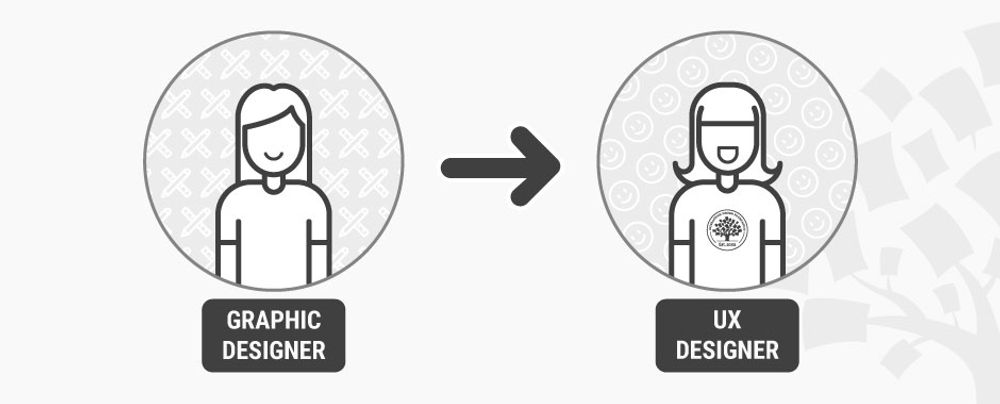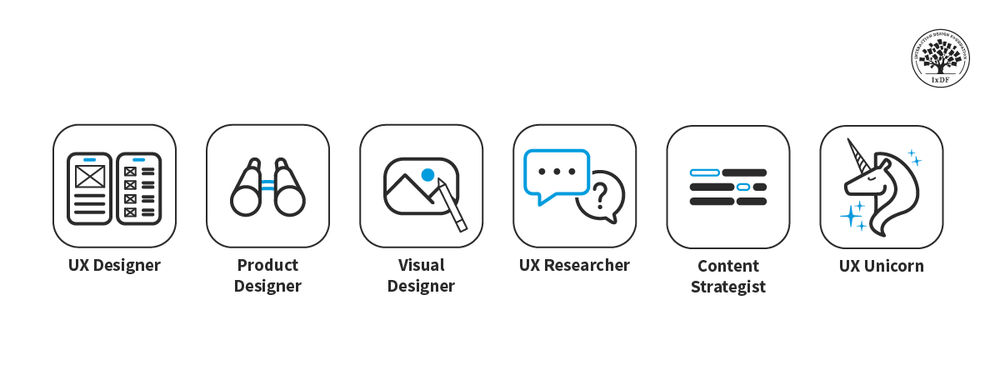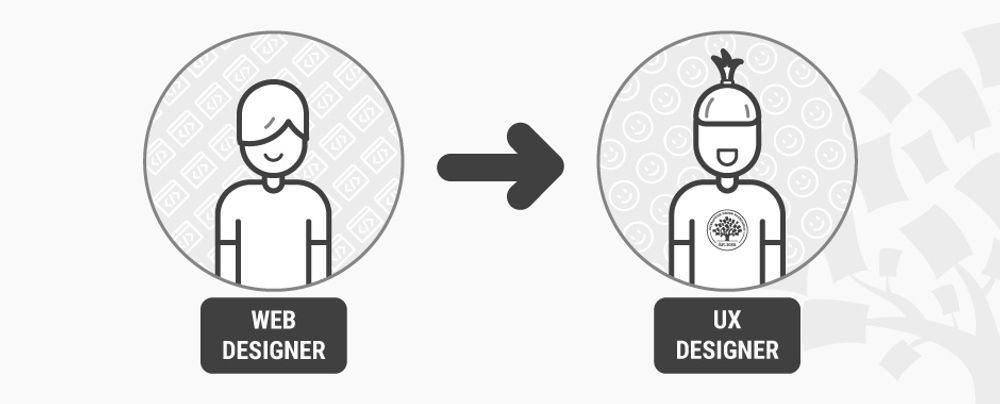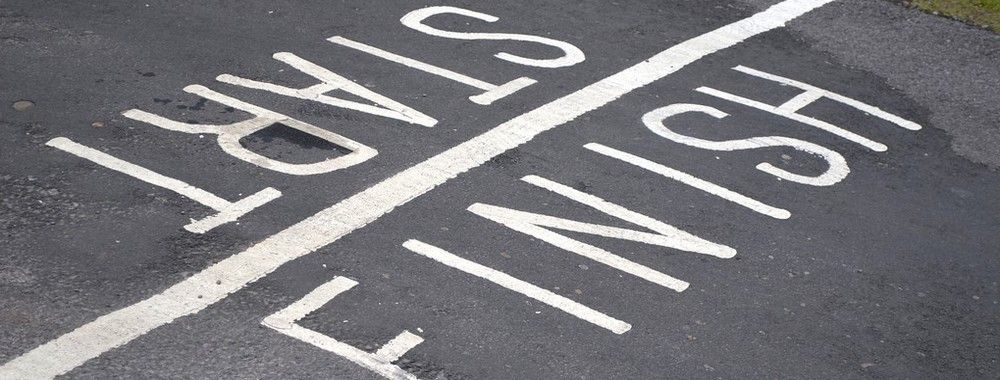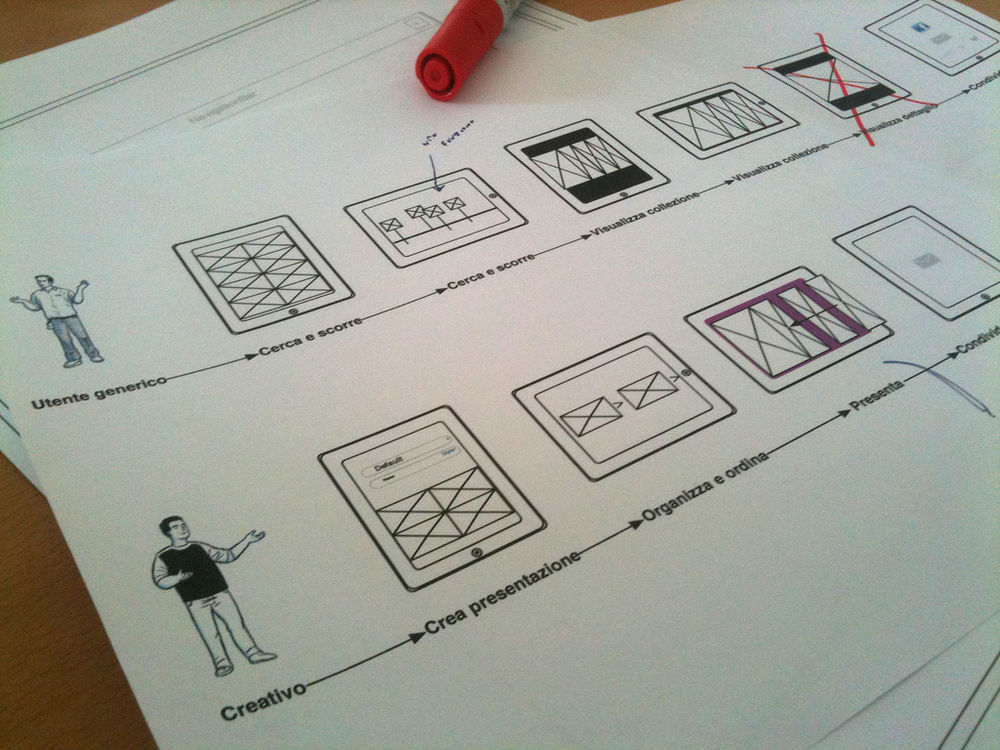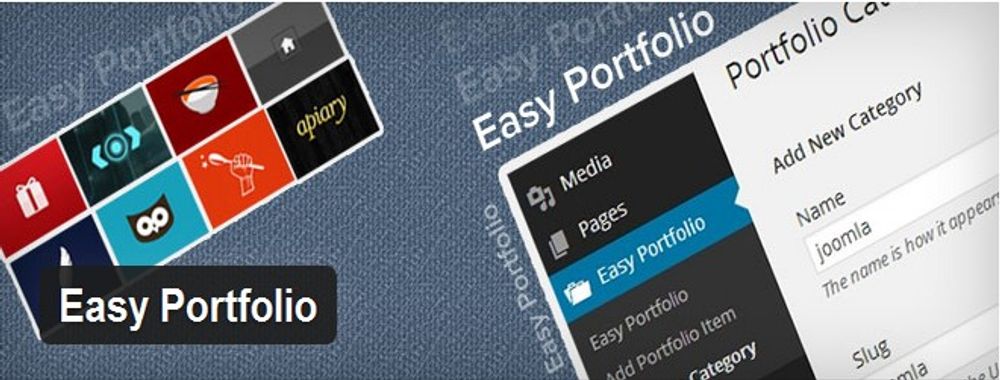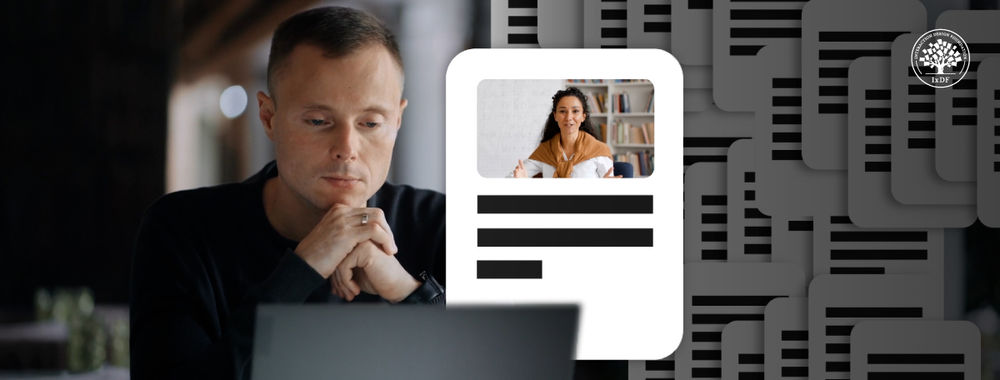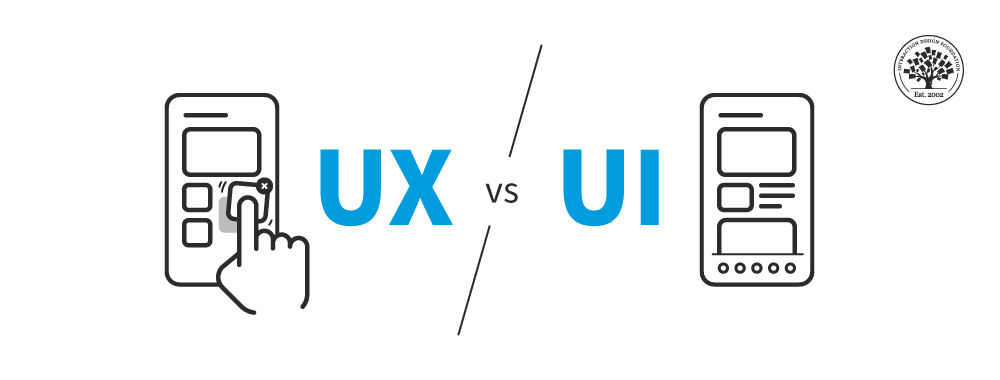We all have weaknesses; no one is born with all the strengths and characteristics required to run a successful business. So how do you overcome your own weaknesses? The trick is to use three simple methods to deal with those weaknesses. These methods will significantly increase your chances of succeeding as a freelancer or entrepreneur.
What do you do if you’re weak in any given area which is essential to succeed as a freelancer or entrepreneur? What if tardiness is a perpetual thorn in your side? What do you do if you struggle to meet deadlines? What if your personal organization sucks like an expensive vacuum cleaner?
You’ll increase your chances of running a successful business if you meet all 11 core characteristics of successful freelancers and entrepreneurs—hard work, communication skills, professionalism, time management and organisation, persistence, responsibility, initiative, a goal- and evaluation-oriented nature, flexibility, self-discipline and, finally, passion and skills. However, there’s no need to give up your dream of running your own business if you don’t master all these qualities. The good news is that if you recognise a weakness, you can overcome it or at least manage it.
"Obstacles can't stop you. Problems can't stop you. Most important of all, other people can't stop you. Only you can stop you.”
– Jeffrey Gitomer, American author, professional speaker & business trainer
Three excellent coping strategies and key methods can help you overcome or manage your weaknesses: accountability buddies, conquering the weakness and proactive coping.
Common Start-up Issues
A lot of freelancers struggle with very high expectations of freelance life, particularly when they’re just starting out. Many of us had hoped that we would sooner be able to see clients queuing up to get their hands on our expert services. Other newbie freelancers have pictured themselves relaxing in a hammock in Bali when the harsh reality for many of us is that we have to sleep on a friend’s couch back home for the first months before being able to sit at a table and work from Bali. Lying in a hammock just isn’t productive…
Reality can be depressing or at least not what we imagined. It can be depressing and stressful to make ten cold calls a day and not get a single bite for two weeks. It can be hard to focus on client deadlines when you know that you have to squeeze some marketing into the day, too.
 Author/Copyright holder: Rikke Friis Dam and the Interaction Design Foundation. Copyright terms and licence: CC BY-NC-ND.
Author/Copyright holder: Rikke Friis Dam and the Interaction Design Foundation. Copyright terms and licence: CC BY-NC-ND.
Some newbie freelancers picture themselves relaxing in a hammock in Bali when the reality for many of us is that we have to sleep on a friend’s couch back home for the first months before being able to sit at a table and work from Bali. Lying in a hammock just isn’t productive.
Over time, these things get better. You’ll come to appreciate the idea that you won’t sell on every call, that there will be “dry spells” where you can’t even give away ice cream in the desert. You’ll find that you’ll manage your time better, commit to less, and learn to charge more for that. You’ll learn to appreciate the “harsh” fact—you have to meet your deadlines every week and slowly grow your business before being able to relax in your Bali hammock or go kitesurfing.
Accountability Buddies
To start with, the best coping strategy is to find an “accountability buddy”.
An accountability buddy is another freelancer whom you agree to stay in touch with and report on your progress daily, weekly or monthly, and he or she will do the same for and with you.
Your accountability buddy isn’t your boss (and you aren’t hers or his). You don’t scold each other or shout at each other, but you do check in, and the simple pressure of reporting to someone is often enough to help us break out of natural weaknesses. It’s embarrassing to tell someone, “I didn’t do the work this week.” In fact, it’s downright shameful.
Where can you find an accountability buddy? The Interaction Design Foundation forum is a good place, as is any freelance group on LinkedIn. You can even find your accountability buddy on Reddit. Wherever there’s a group of active freelancers, there will be new folks trying to break in, and they’re often only too pleased to have an accountability buddy of their own.
 Author/Copyright holder: Jaume Ventura. Copyright terms and licence: CC BY-SA 2.0
Author/Copyright holder: Jaume Ventura. Copyright terms and licence: CC BY-SA 2.0
Accountability buddies are more than friends. They hold you to your work commitments and motivate you to get things done.
Conquer It
The alternative, if you don’t like the accountability buddy idea is to follow a simple pattern to overcome your weaknesses:
Find the weakness. If you can’t admit your weakness, you can’t address it.
Acknowledge the weakness. You’ve no excuses here. It’s not: “I am a lousy time manager because I am so busy.” It’s: “I am a lousy time manager.” Often, the truth hurts when you first realise and recognise it.
Love the problem. Toyota’s management school loves to do this—when they find a weakness in production, they get excited by the prospects of improving on their weaknesses. You can do the same.
Break it. Perhaps you’re the worst time manager on earth. But you can keep a diary; you can plan your days, and you should not let yourself make excuses. You can stick to the plan. Is it a comfortable process? Hell no. Most likely, you would much rather chuck in your responsibilities some mornings and go the beach or a cafe, but you also know that if you did, you would soon have no business or work at all. You could be free to go to the beach whenever you wanted, sure enough; but you wouldn’t be able to have a beer or an ice cream quite so easily—because you would be broke.

Author/Copyright holder: historicair. Copyright terms and licence: Public Domain.
Coping is a big issue because we’re complex beings. The tip of the iceberg is conscious, but often we struggle unconsciously too. You have to find your weaknesses, acknowledge your weaknesses, and love them in order to be able to deal with them. You can conquer many of your weaknesses.
Proactive Coping
When you’re dealing with a weakness or anticipating a stressful problem another positive coping strategy is proactive coping. Anticipation is when one reduces the stress of some difficult challenge by anticipating what it will be like and preparing for how one is going to cope with it.
 Author/Copyright holder: www.Pixel.la Free Stock Photos. Copyright terms and licence: Public Domain.
Author/Copyright holder: www.Pixel.la Free Stock Photos. Copyright terms and licence: Public Domain.
Conquering our weaknesses isn’t as hard as it might seem. Bad habits can be overwritten by good habits.
"It is not the mountain we conquer but ourselves."
– Sir Edmund Hillary, New Zealander Mountaineer & First Conqueror of Mt. Everest
Sir Edmund Percival Hillary was a New Zealander mountaineer, explorer and philanthropist. On 29 May 1953, he and Nepalese Sherpa mountaineer Tenzing Norgay became the first climbers to reach the summit of Mount Everest.
The Take Away
Weaknesses are normal and natural—we all have them. The only time a weakness is fatal to your freelance or entrepreneurial career is when you don’t tackle it. You can learn to use coping strategies and/or team up with an accountability buddy—you can break the weakness head on, but it must be addressed. The alternative is running your business slowly into the ground.
References & Where to Learn More
Hero Image: Author/Copyright holder: Paxson Woelber. Copyright terms and licence: CC BY 2.0
Course: How to Become a Freelance Designer
Some further skills for coping with stress.

